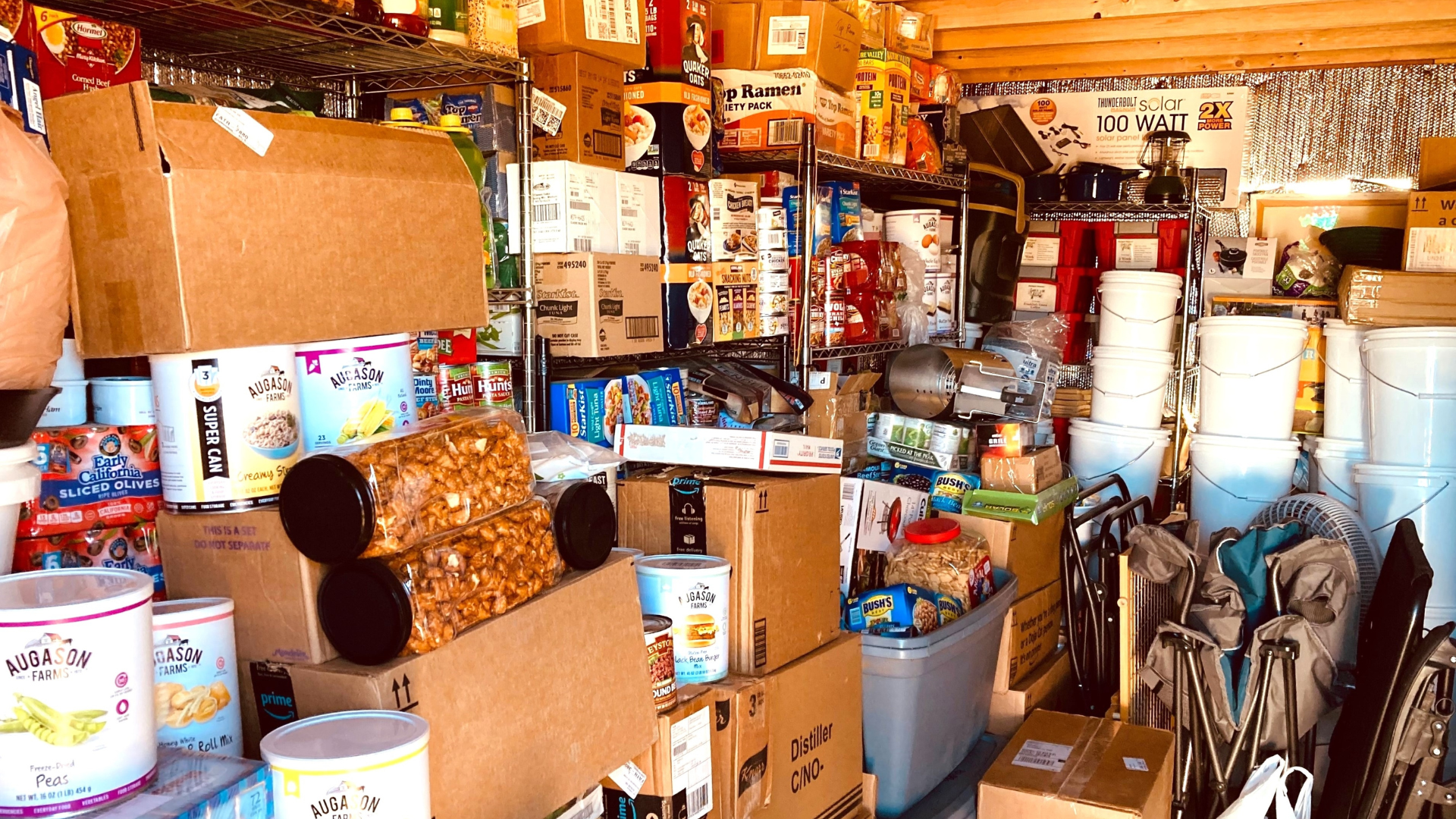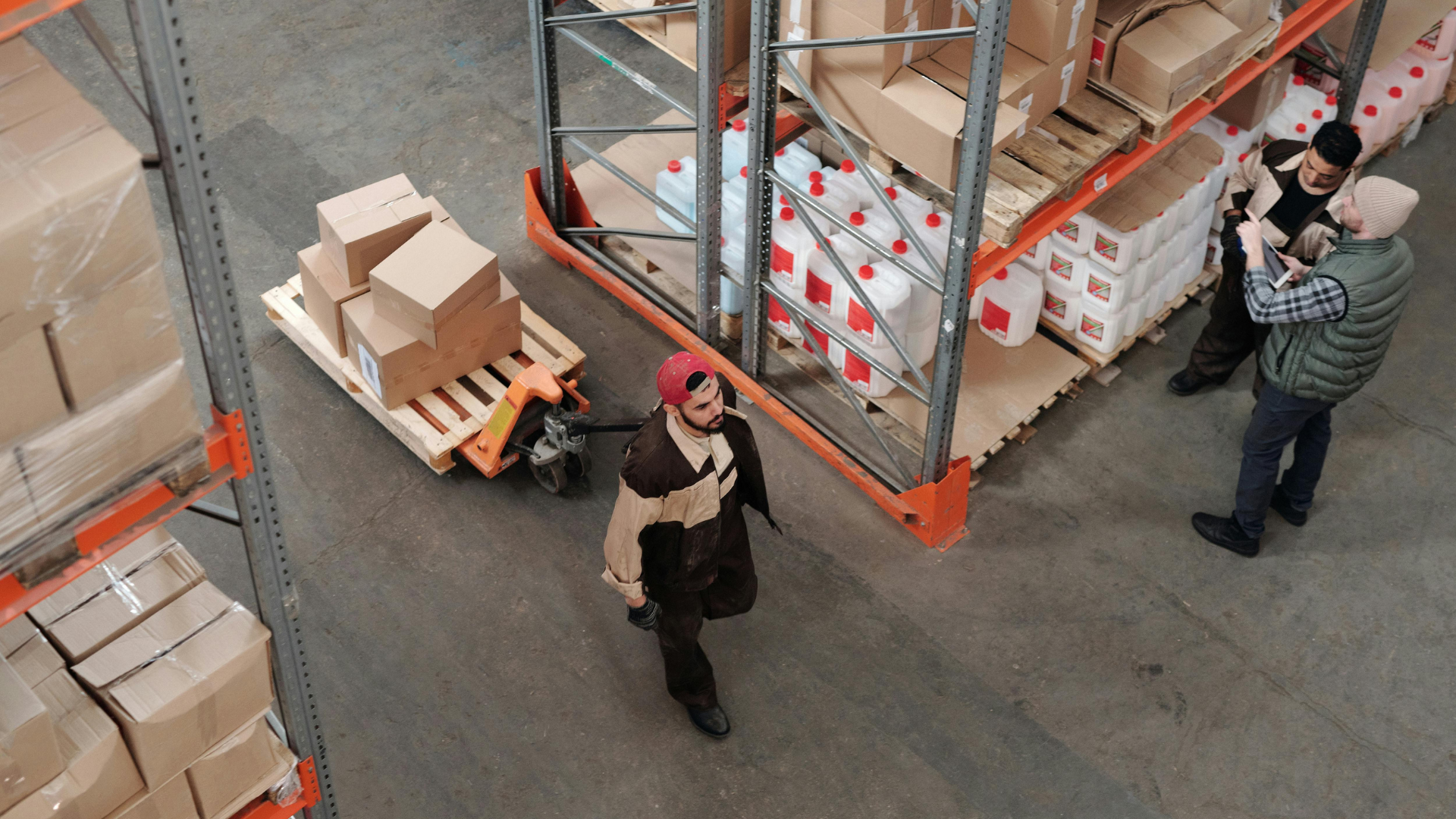The Center for Community Solutions understands that to effectuate the change we want to see in our communities, we must ensure we as an institution and we as individual staff and board members are committed to race equity and institutional change. This change, however, does not occur overnight and requires refined language, tools, experiences, continuous dialogue, and a myriad of other resources to achieve. As part of this work, for the past several years Community Solutions’ staff have participated in an equity media club – where once monthly we meet as a staff to discuss a film, show, documentary, podcast, or book centered around social justice, racial inequality, disparities and more.
Once monthly we meet as a staff to discuss a film, show, documentary, podcast, or book centered around social justice, racial inequality, disparities and more.
The media club asks staff to consume the media independently and then come together to share impressions and insights. This space allows for open and honest discourse around experiences, expression, and feelings among a group of people who have a lot in common – we believe in data, science, and the people we aim to serve. While we have absorbed quite a bit of content thus far, I wanted to highlight a few of my personal favorites:
- Read several chapters of Nikole Hannah-Jones’ The 1619 Project: A New Origin Story where we deeply explore the consequences of slavery and Black Americans contributions to America as we know it
- Watched Paper Children, a documentary that can be found on YouTube and details the horrors Latin American refugees face when dealing with the United States’ convoluted asylum process
- Watched 137 Shots, a documentary that hit close to home, detailing police violence and calls for accountability and justice in Cleveland
- Read Caste by Isabel Wilkerson which examines how a hidden caste system shaped America and its race relations
- Watched There’s Something in the Water, a documentary that can be rented on Amazon Prime which explores the injustices and injuries of environmental racism on Indigenous and African Nova Scotian people and their water systems
Aftershock: another documentary that hit close to home
Recently, we watched Aftershock, a documentary streaming exclusively on Hulu which explores the Black maternal health crisis in the United States, a topic Community Solutions is intimately familiar with. Aftershock centers around the preventable deaths of two Black women, Shamony Gibson and Amber Rose Isaac due to childbirth complications that may have been appropriately addressed had it not been for their skin color.
Through the film, we follow their bereaved family, partners, and friends as they seek to process what has happened to them and in turn, become activists in the maternal health space. While seeking justice through legislation, medical accountability, and the power of art, Omari Maynard, Shamony’s surviving partner, and Bruce McIntyre, Amber’s surviving partner, build community among each other and other surviving Black fathers who have, until recently, been largely overlooked in the birth justice movement.
Additionally, the film examines the work of midwives, physicians, and doulas who have been demanding systemic change and institutional reform within our medical system and government in the name of better outcomes and public health for a generation.
Birth center barriers
One part of the film that stuck with me most is the ongoing struggle in this country to integrate the full spectrum of the perinatal workforce into the normal course of care, especially for low-risk births. This has been a priority of Community Solutions for the past several years: dismantle regulatory barriers that prevent Ohio families from accessing supports that would offer the autonomy to choose alternatives to institutionalized and medicalized births.
With guidance from their doula, Felicia and Paul Ellis, a Black family from Tulsa Oklahoma decided to deliver their first child in a birthing center with the help of certified nurse midwives. While Felicia initially wanted to give birth in a hospital, the family desperately needed to avoid a cesarean section – which are far too common and overused in hospital settings - due to not having the resources or time to recover. Felicia reflected on stakes: “A Black woman having a baby [in the hospital] is like a Black man at a traffic stop with the police. You have to really pay attention to what’s going on every step of the way.”
Upon touring the birth center, staffed by internationally certified and state-licensed providers, the family was informed that the center is unable to bill insurance for their services and thus the entire birth would need to be paid for out of pocket. While the Ellis Family ultimately raised the funds to be able to utilize the birth center, not every family can.
A Black woman having a baby [in the hospital] is like a Black man at a traffic stop with the police. You have to really pay attention to what’s going on every step of the way.
Racial equity and our 2-tier maternal health care system
It is imperative to remove regulatory barriers that prevent the full scope of the perinatal workforce (doulas, certified professional midwives, certified midwives, certified nurse midwives, certified lactation counselors and more) from being accessed and utilized by all families with all means. Evidence continues to show that a key strategy to addressing the U.S. maternal health crisis is a range of accessible, affordable options for pregnancy-related care and support.
Regulatory barriers in states like Oklahoma and Ohio have inadvertently created a 2-tiered maternal health system that benefits those least-likely to experience poor outcomes. It also stagnates the perinatal workforce, making it difficult to grow a practice or workforce with no guaranteed payment structure and income stream.
It is imperative to remove regulatory barriers that prevent the full scope of the perinatal workforce
By not recognizing the credentials of the doulas and non-nurse midwives as a state, they cannot be identified as providers by most commercial health insurance companies. Because of the inability to bill insurance, and despite evidence proving their success, many doulas and non-nurse midwives in our state must provide their services on a cash-only basis, excluding low- and middle-income families with insurance but without dedicated savings for medical expenses. This results in upper-income families, many of which are unlikely to suffer from race-related biases in a hospital setting, enjoying more autonomy in their chosen birth setting, and leaving everyone else in the hands of hospitals. I encourage our readers who have been following our maternal and infant health work to stream Aftershock and contemplate the ripple effect that occurs when a Black mother dies.
Have a suggestion on what we should watch/read/listen to next? Email us at info@CommunitySolutions.com!




.png)
.png)


